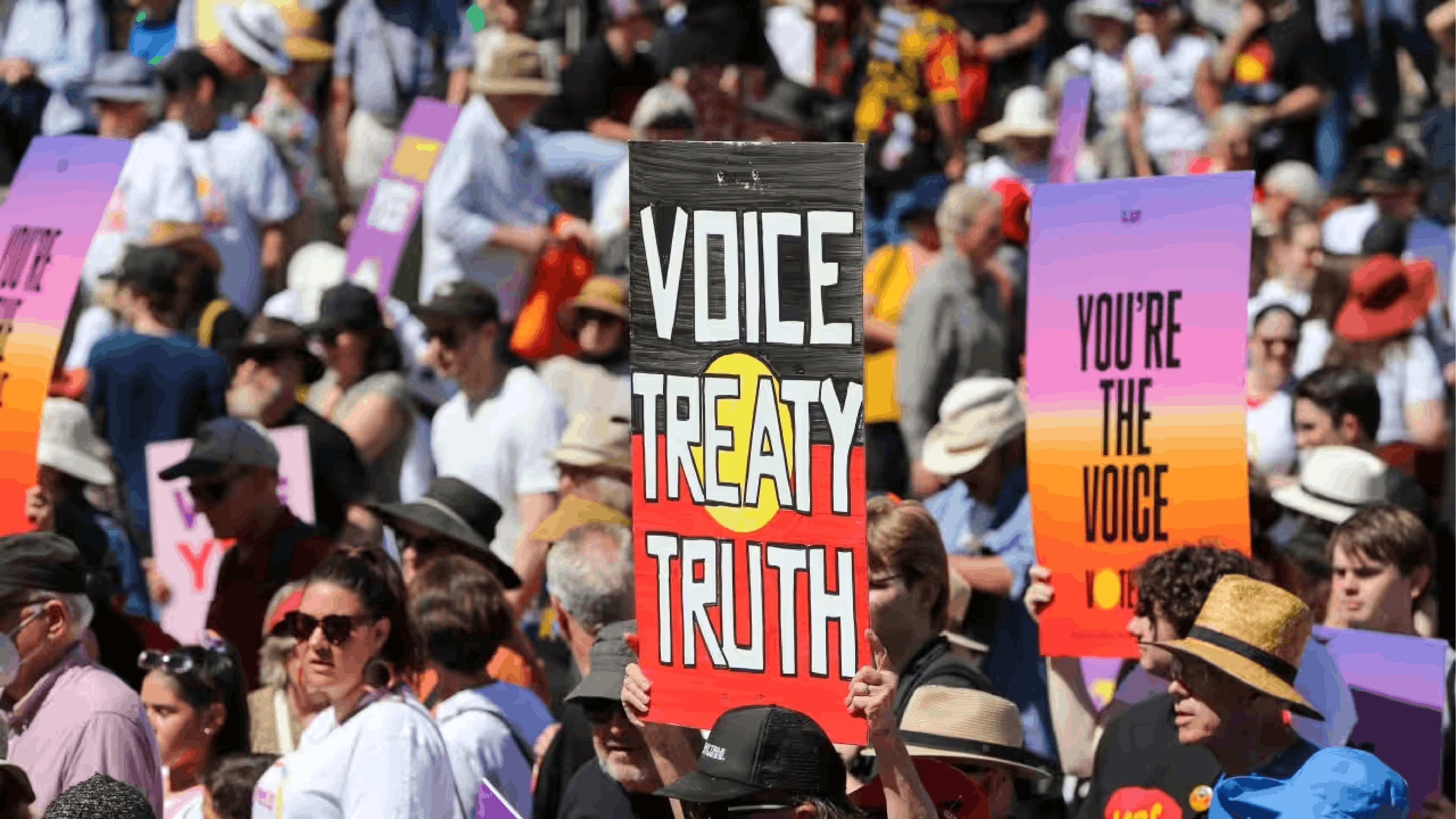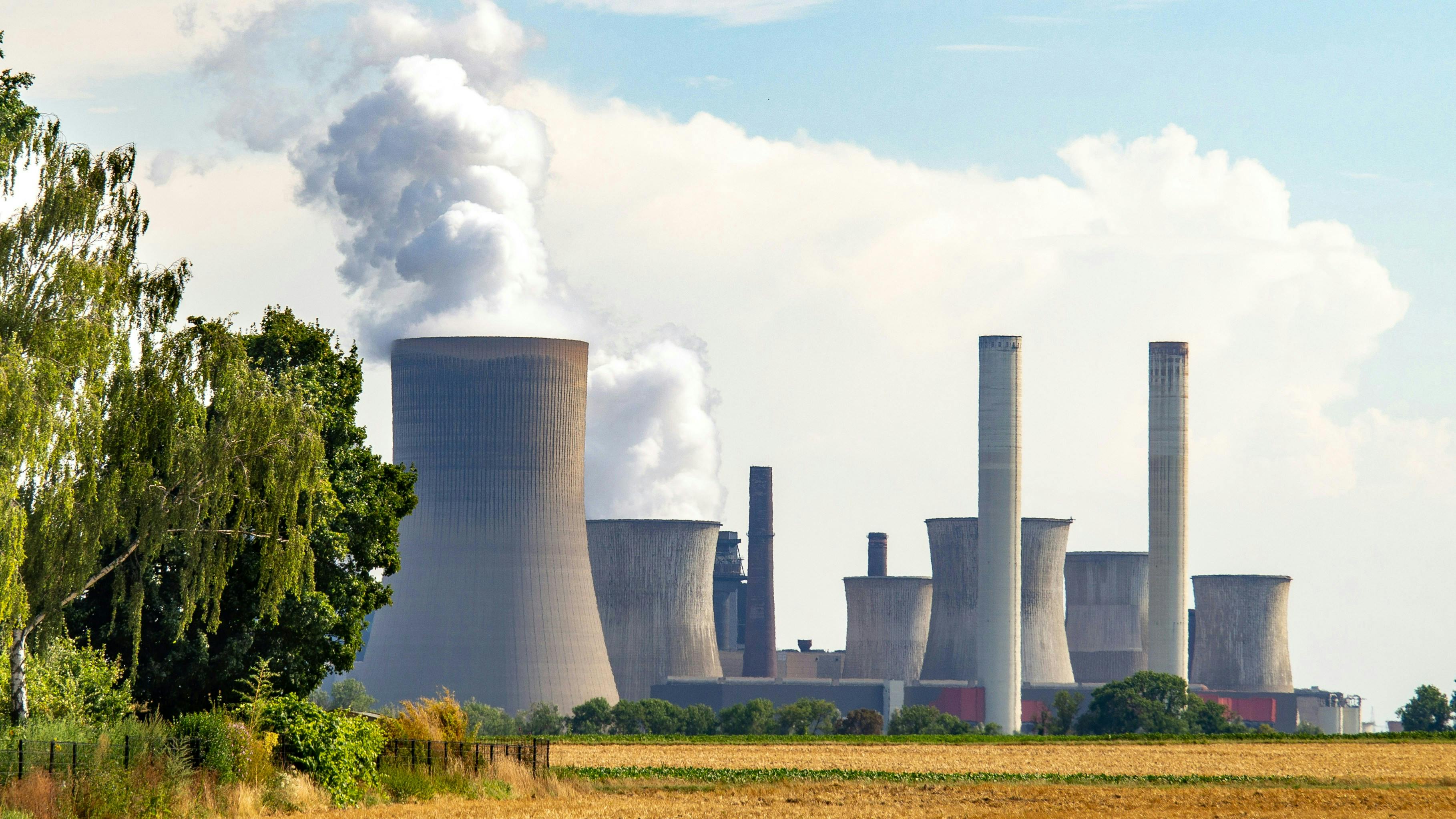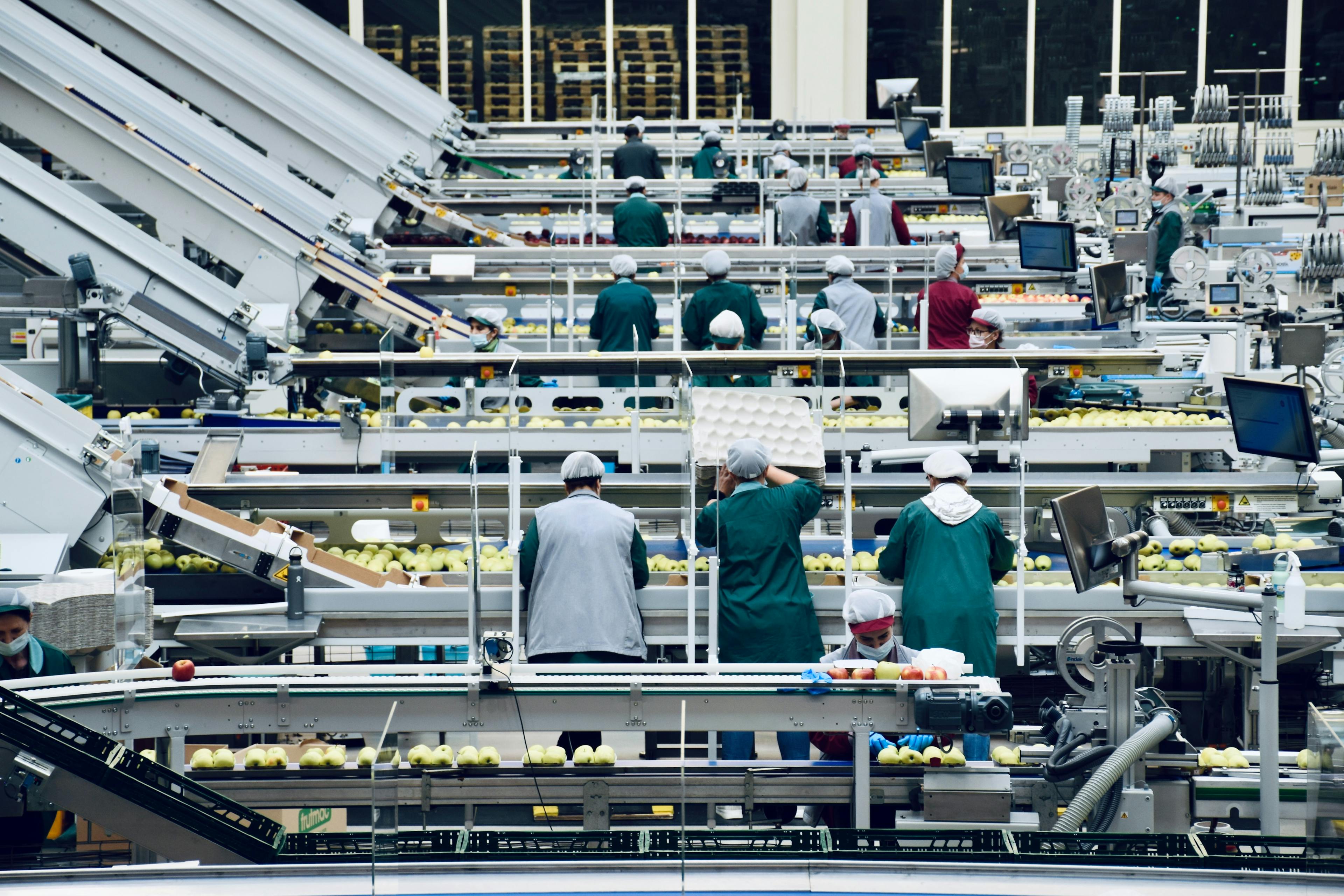The upcoming referendum will empower every Australian to cast their vote on the recognition of the First Peoples of Australia in our constitution, respecting the importance of individual autonomy and choice. In light of this, in the lead-up to this pivotal moment in Australia's history, we will be sharing the diverse perspectives and positions of individuals across our Team.
I am voting yes to support progress of the path to reparation and reconciliation through co-design and self-determination by the very people who are affected. Always was, always will be.
Tanya Harris,
Head of Sustainable & Ethical Procurement
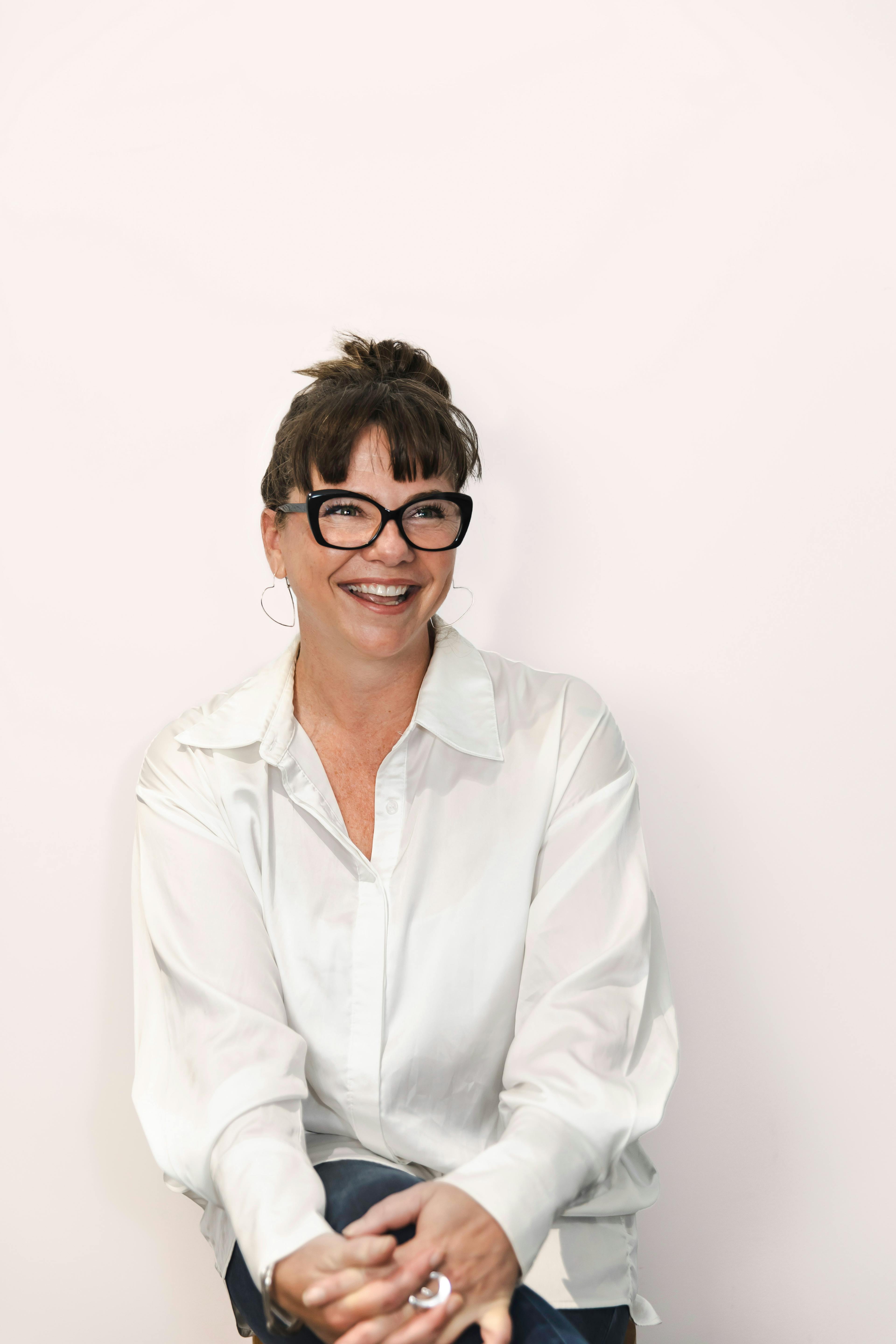
Why I am voting YES!
Written by: Tanya Harris
Australians will be asked to vote ‘yes’ or ‘no’ on a single question. The question on the ballot paper will be: “A Proposed Law: to alter the Constitution to recognise the First Peoples of Australia by establishing an Aboriginal and Torres Strait Islander Voice. Do you approve this proposed alteration?”
My answer will be yes. I have been reflecting on my life experiences that underpin my vote, notwithstanding over a decade of consultation with First Nations people to define what constitutional recognition looks like.
Having lived in 5 states in Australia, from Queensland to Western Australia, I have seen firsthand the unintended consequence of government policy implementation and its impacts on our First Nations people. Regional Australia challenges have shown me how complex the issues are and that approaches to-date have not been successful. Living in metropolitan east coast Australia, even with the best intentions, is too far removed from the reality to have a coherent and effective impact and reinforced for me why consultation, co-design and an Indigenous Voice is logical.
Over the past 15 years of my career in sustainable procurement I have been privileged to represent Australia in international forums from the UNFCCC in 2009, throughout the development of the Sustainable Procurement Guidance ISO 20400, to the UN Governing Forum for Environment, Policy and Business. It was tough as year-on-year Australia competed for last place with Canada for our track record in human rights (rights of our indigenous people, refugee treatment and gender equity) and the environment. Australia continues to be the only Commonwealth country that does not have a treaty with our Indigenous peoples.
My time at The Fred Hollows Foundation provided the most profound learning experiences and opportunities to celebrate Aboriginal and Torres Strait Islander culture and milestones, as well as the stark reality of health inequality with Australia remaining the only developed country in the world where trachoma still exists in endemic proportions amongst Indigenous Australians.
In June 2017 I attended the 50th anniversary celebration of the 1967 Referendum to include Aboriginal people in the Census removing Constitutional clauses that discriminated against Aboriginal and Torres Strait Islander people. Yes, only for 56 years Aboriginal people been counted as citizens in Australia. It was also the 25th anniversary of the Mabo decision, the successful claim of land rights that overturned two centuries of the accepted concept of terra nullis (meaning nobody’s land). With Indigenous Elders and activists from all over the country who contributed to both of these two landmark events Sydney Town Hall resonated with laughter and stories.
Sitting next to Joyce Clague and her husband Colin hearing them recount Joyce’s work representing Aboriginal Affairs in Parliament leading up to and after the referendum, Colin’s work with the land rights council, its progress and how many areas of claim were massacre sites was a highlight. While some of the conversations more broadly were centred around how hard the journey had been to get to that point, the joy, the celebration of accomplishments and belief in the path to reconciliation from the personal perspectives from these leaders lived experience was truly inspirational.
Also in 2017, the Indigenous Australia Program Director, Jaki Adams- Barton participated in the National Constitutional Convention that reached consensus to produce the Uluru Statement of the Heart and had a highly emotional cascading effect through The Foundation. The simplicity and truths of the Statement was a powerful motivator for all of the Australian team in our work, and as individuals.
I am forever grateful to my ex-colleagues across Australia and the international offices for sharing your experiences that gave me the realisation of how much I don’t know, how much I haven’t been taught and how that has shaped my subsequent beliefs, engagement and place in walking with First Nations people and other Australians for a better future.
I am sharing my deeply personal experience fully cognizant of the multi-dimensional complexity that faces us for respectful and meaningful structural reform, and that a First Nations Voice to Parliament is one step of many. My team and I advise our clients to value progress over perfection as a critical success factor in solving sustainability challenges and in taking positive action, we work every day to make unsustainable and inequitable, unthinkable.
I am voting yes to support progress of the path to reparation and reconciliation through co-design and self-determination by the very people who are affected. Always was, always will be.
While it's essential to respect the multifaceted views on this matter, it's equally crucial to be informed and engage in constructive conversations. Let's step into this chapter of Australian history with open minds and empathetic hearts.
Jonas Bengtsson
CEO & Co-founder
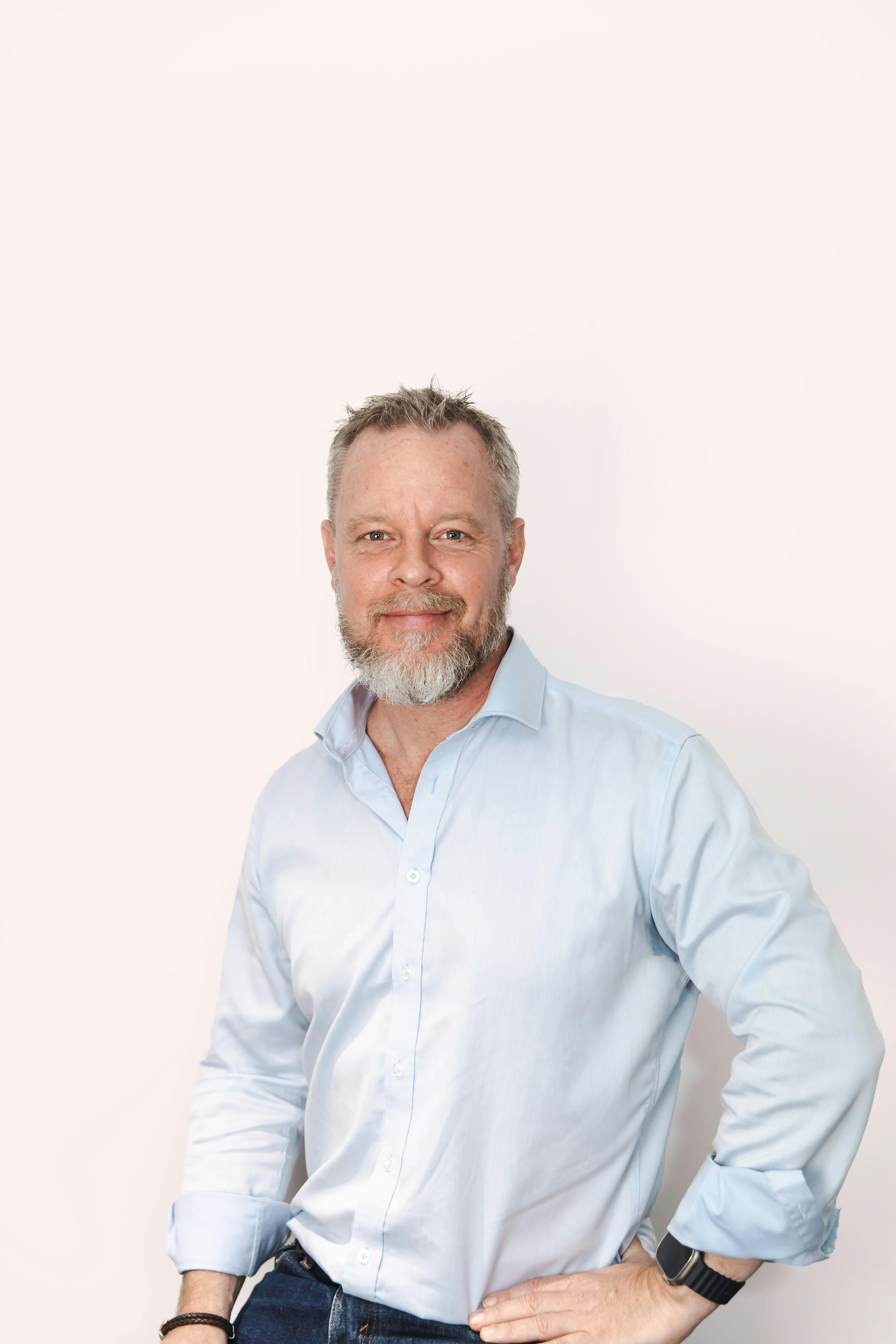
The Voice to Parliament: Why It Matters for Edge Impact
Written by: Jonas Bengtsson
We're on the cusp of a pivotal moment in Australia's history. In the upcoming referendum about the voice to parliament, Australians have a golden opportunity to influence the country's trajectory in a profound way.
As the leader of Edge Impact, a global sustainability consultancy, I've often wrestled with how businesses should respond to socio-political issues. After all, there are compelling arguments to stay away from these matters:
- We don't want to get political.
- We fear alienating our team or our customers.
- We have other priorities that require our attention.
- And of course, how do local issues relate to a global organisation?
However, at the heart of this deliberation lies a fundamental truth: businesses like ours don't operate in a vacuum. We are an integral part of Australian society, intertwined with its fabric. We can't merely be passive observers.
There are moments that call for us to step up and align our corporate values with broader societal needs. This referendum is one such moment. We can't champion the ideals of a sustainable and inclusive future while choosing silence when history beckons. As we work towards crafting our Reconciliation Action Plan (RAP), how authentic would it be if we were silent on a matter as crucial as the Voice?
But, let me clarify: our stance at Edge Impact is not to dictate. We're not here to say we're for 'Yes' and expect everyone in our team to toe the line. Instead, our aim is to foster understanding. We want to make it easy for our colleagues to learn about the Voice. We want to create spaces for genuine, meaningful dialogues within our workplace. Because when the occasion demands, we should all feel empowered to speak up.
On a personal note, I wholeheartedly believe in not obstructing what the majority of Aboriginal and Torres Strait Islanders have articulated so poignantly in the Uluru Statement from the Heart. I stand in solidarity with their graceful request.
Moreover, the idea of indigenous representation is not groundbreaking. As someone hailing from Sweden, I've seen firsthand the success of the Nordic models. The Sámi Parliaments in Sweden, Finland, and Norway each have a dialogue with their respective governments. They serve as beacons, showing that it is indeed possible to integrate indigenous voices into the fabric of governance.
In conclusion, as Australians prepare to vote, it's not just about ticking a box. It's about recognising our collective responsibility to shape a fairer, more inclusive nation. For Edge Impact, and for businesses across Australia, this is our moment to show that we're not just spectators, but active participants in this great nation's journey.
It feels wrong that I should have a say in a referendum about the self-determination of people whose rightful place in their country was taken away by my ancestors. But no matter how uncomfortable I feel about it, I get to vote.
Claire Wild
Senior Consultant

Why I'm voting ‘Yes’.
Written by: Claire Wild, Senior Consultant
I’m voting Yes in Australia’s upcoming referendum on the Voice to Parliament. Here’s why.
On the 14th of October, I’ll be voting in a referendum and a general election in Australia and Aotearoa New Zealand. I’ve inherited the democratic privilege to vote in two countries because, a couple of centuries ago, my ancestors migrated from the United Kingdom to Australia and Aotearoa. These ancestors were part of a wave of British colonisation that claimed British sovereignty and stole land from the people who already lived here.
Because of colonisation, I get to vote in Australia, even though I’ve only lived here for about five years. Aboriginal and Torres Strait Islander peoples formed Australia’s first sovereign nations and have sustained the world’s oldest living cultures here for over 60,000 years. Despite this, it took Australia until 1984 to grant full voting rights and responsibilities to First Nations Australians. This is unfair.
The referendum on the 14th of October is an opportunity to make things fairer. If we vote Yes, Australia will alter our Constitution to recognise the First Peoples of Australia by establishing an Aboriginal and Torres Strait Islander Voice.
It feels wrong that I should have a say in a referendum about the self-determination of people whose rightful place in their country was taken away by my ancestors. But no matter how uncomfortable I feel about it, I get to vote. It’s my responsibility to cast a vote that fairly supports the diverse views of different Aboriginal and Torres Strait Islander communities across the country.
Because of this, my voting decision has been guided by the Uluru Statement from the Heart, which was developed using one of the most proportionally significant consultation process of First Nations peoples Australia has ever seen. The Uluru Statement from the Heart specifically calls for a Voice to Parliament, followed by treaty and truth telling.
It feels right and fair that my vote in the referendum reflects the perspectives of the people who will be most affected by its outcome. That’s why I’m voting Yes.
To me, the Voice is just the beginning. I will be voting ‘Yes’, because instead of focusing on what the Voice is not, I am focused on what it is: a fair go; a chance for reparation; a step towards the unified, safe, and democratic Australia we all want to see.
Vanessa Mawby
Consultant
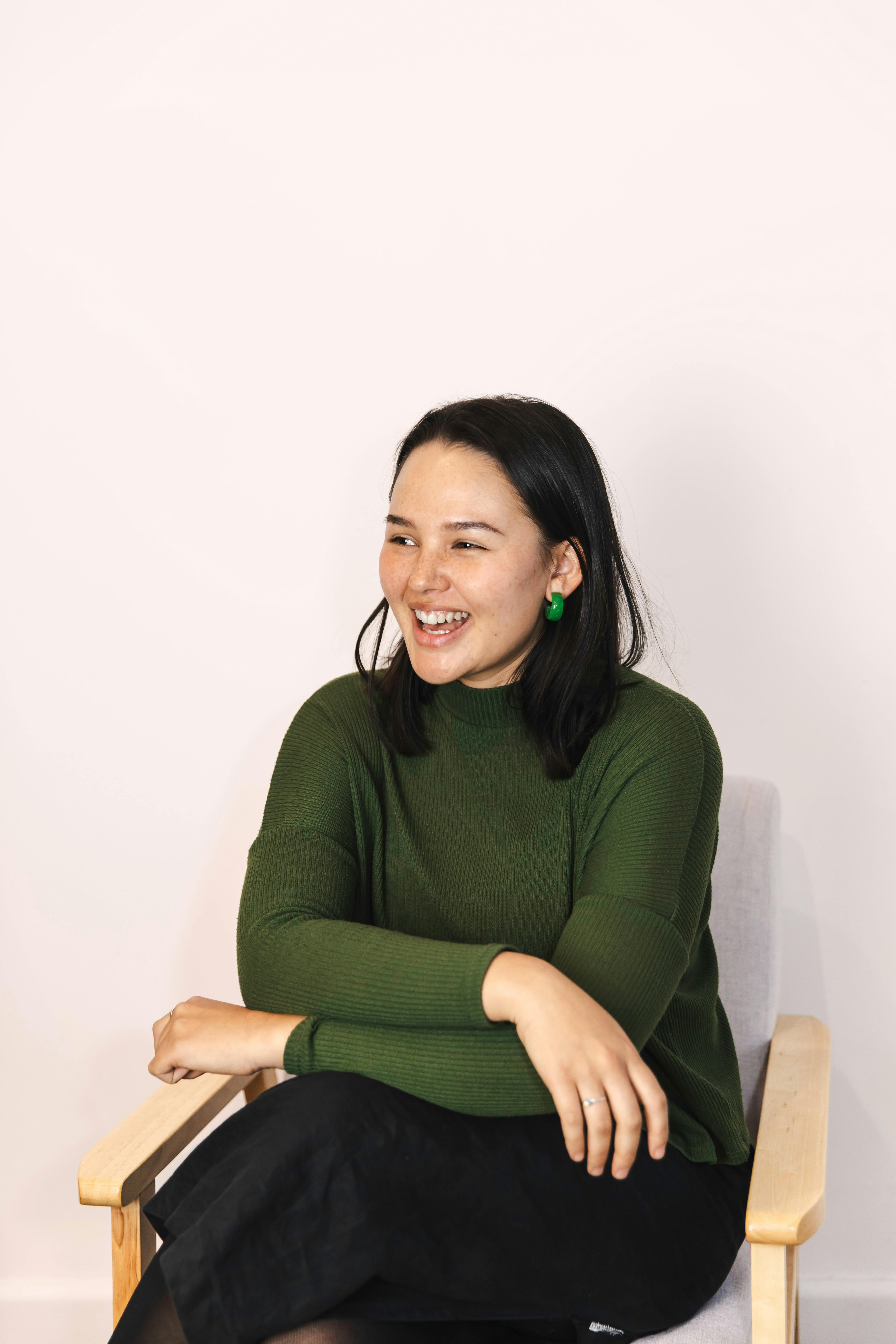
2023 Referendum, and why I’ll be voting ‘YES’.
Written by: Vanessa Mawby, Consultant
I know that I’m going to vote ‘Yes’ in the Voice to Parliament referendum, but why? Why do I care? A better question is, how can I not?
Professionally, I work with an incredible team, consulting on sustainability, human rights, and modern slavery to reduce the risk of harming people in supply chains across the globe. I see this, and I think about the continuous failings of our country to ‘Close the Gap’. I recognise this failing is a human rights issue, one that’s just as important as those I work to solve, and it’s happening on home soil. How can I not care?
Personally, I am lucky to have experienced the privileges that a life here affords; quality healthcare, education, safety, and democracy. And, as the daughter of two migrants, I have experienced Australia from another side; an Australia that grapples with a complex identity born out of the melting pot of cultures that call this island home. I have seen that the privileges afforded to me, have not been the experience of Indigenous Australians, and wondered, how is that fair? There is hardly any recognition that the prosperity of this country, and the opportunity it affords migrants (like my parents) and their children (like me), was born out of hundreds of years of exploitation of the land and its traditional owners; Aboriginal and Torres Strait Islanders. That’s why I care, and, why I’m voting ‘Yes’.
On October 14th, 2023, Australia will hold a referendum to change the constitution. If the ‘Yes’ vote succeeds, the changes will show democratic support for a) recognising Indigenous Australians in the constitution, and b) providing Indigenous Australians the opportunity to have a say in matters that affect them. In other words, allowing Indigenous Australians ‘a fair go’; to begin reparations for the centuries of systemic racism and disadvantage that previous policies have continuously failed to do. ‘A fair go’ is something all Australians can support – that’s why I’m voting ‘Yes’.
Common criticisms of the Voice are that not all Indigenous Australians support it, and that it won’t fix everything. These are both true, and that’s ok. Firstly, it’s rare for a group of people to agree on anything. The beauty of democracy is that everyone has the right to have their say. However, recent surveys indicate that 80-90% of Indigenous Australians support the Voice and constitutional referendum. This is not surprising, as calls for the Voice come directly from the Uluru Statement from the Heart (the Statement). The Statement was written by First Nations Constitutional Convention delegates in 2017, following extensive regional dialogues and decision-making led by Aboriginal people. In short, the Voice has been asked for explicitly, and we have the chance to vote democratically to enshrine it within the Constitution. That’s why I’m voting ‘Yes’.
The Statement also addresses in part, the second major criticism, about the Voice not being a total solution, and goes on to request ‘Treaty’; a binding agreement between Aboriginal and Torres Strait Islander people and the Australian government, showing that each group has agreed about duties and responsibilities around sharing land and resources and governing together. Although Treaty is not included in the upcoming referendum, the idea is already in place in countries such as New Zealand, Canada, and Norway. It’s not something that’s beyond our reach. That’s why I’m voting ‘Yes’.
To me, the Voice is just the beginning. I will be voting ‘Yes’, because instead of focusing on what the Voice is not, I am focused on what it is: a fair go; a chance for reparation; a step towards the unified, safe, and democratic Australia we all want to see. I will be voting ‘Yes’, and I hope you choose to walk with me and many other Australians to do the same.
Please get in touch.


